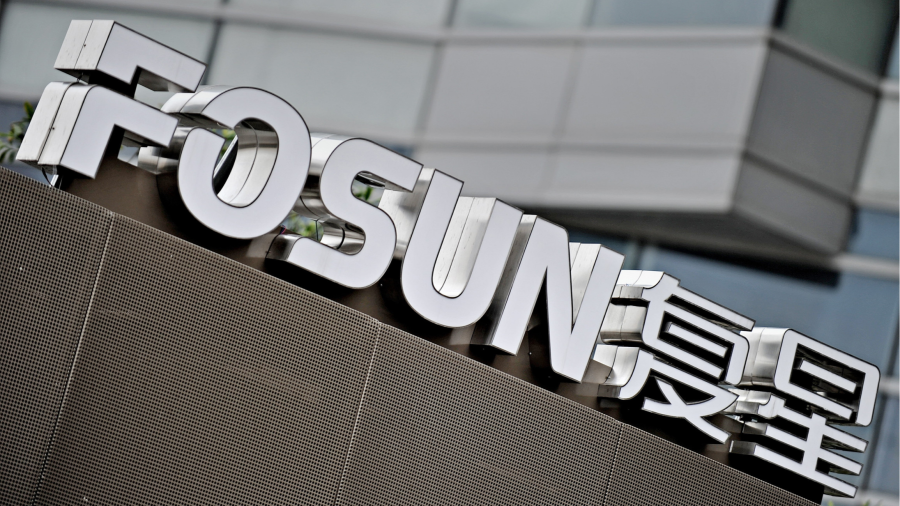
Chinese billionaire Guo Guangchang’s Fosun conglomerate plans to make its biggest divestment this year as the owner of French resort group Club Med and English football club Wolverhampton Wanderers tries to tackle a Rmb260bn ($36bn) debt pile.
After the sale of its majority shareholding in Shanghai-listed Nanjing Nangang Iron & Steel United, Fosun’s asset sales will hit $4.8bn this year, according to Dealogic data reviewed by the Financial Times. The Hong Kong-listed group divested $100mn of assets in 2021.
Guo’s group has become a poster child of the problems facing overleveraged companies as China’s economy cools from a contraction in the property sector and disruptive Covid-19 pandemic policies.
“Fosun has sold whatever it can this year so as to ‘break arms to survive’,” said a Shanghai-based bank manager who used to work with Fosun. “But many falling assets are hard to sell, like real estate and biopharmaceutical assets.”
In a statement to the Hong Kong stock exchange on Wednesday, Guo’s group said private steelmaker Shagang Group would pay half of the Rmb16bn deal as a security deposit once Fosun International completed a share pledge in Nangang.
Nangang warned that the deal still required the approval of shareholders and clearance from Chinese antitrust regulators. If the deal falls apart, Fosun has agreed to pay a certain amount of the default fee, Nangang said.
Moody’s estimates Fosun’s total consolidated debt stands at Rmb260bn. The rating agency has highlighted fears of contagion spreading through Fosun’s vast business interests which extend across China, Europe and the US.
Shares in Fosun International, the conglomerate’s main listed entity, fell as much as 1.5 per cent in Hong Kong on Thursday. The group’s shares are down 43 per cent year to date and trading near decade lows.
Nangang’s listed unit fell as much as 5.8 per cent in Shanghai on Thursday. The benchmark CSI 300 was down about 1 per cent.
Fosun said last month that its financial position remains “sound and healthy”. The group faces $8bn of bonds by the end of 2023, according to data compiled by Bloomberg.
But in a concerning development to investors, Fosun announced plans in September to cut its holding in Shanghai Fosun Pharmaceutical, a core listed healthcare unit.
Guo is in talks to secure a $2.1bn syndicated loan led by state-owned Industrial and Commercial Bank of China, the county’s biggest bank by assets, and China Minsheng Bank, one of China’s largest privately owned lenders.
The rescue package, which was first reported by Chinese business publication Caixin, might include share pledges of core pharmaceutical assets, according to one person familiar with the negotiations.
Fosun reached a deal in March to sell shares in its fashion division, Lanvin Group, via a special purpose acquisition company.
Gong Ping, Fosun International’s chief financial officer, said at a meeting in September that the group is also considering new strategic investors for Fosun Tourism to shore up the parent group’s finances.
Moody’s warned last month that raising funds via accelerated asset divestitures and pledges risked hitting the value of Fosun’s remaining assets.
“A lower market value of the portfolio will reduce Fosun’s funding headroom, constraining the company’s ability to raise liquidity via sales or pledge of assets,” they said in a note.
Additional reporting by William Langley in Hong Kong